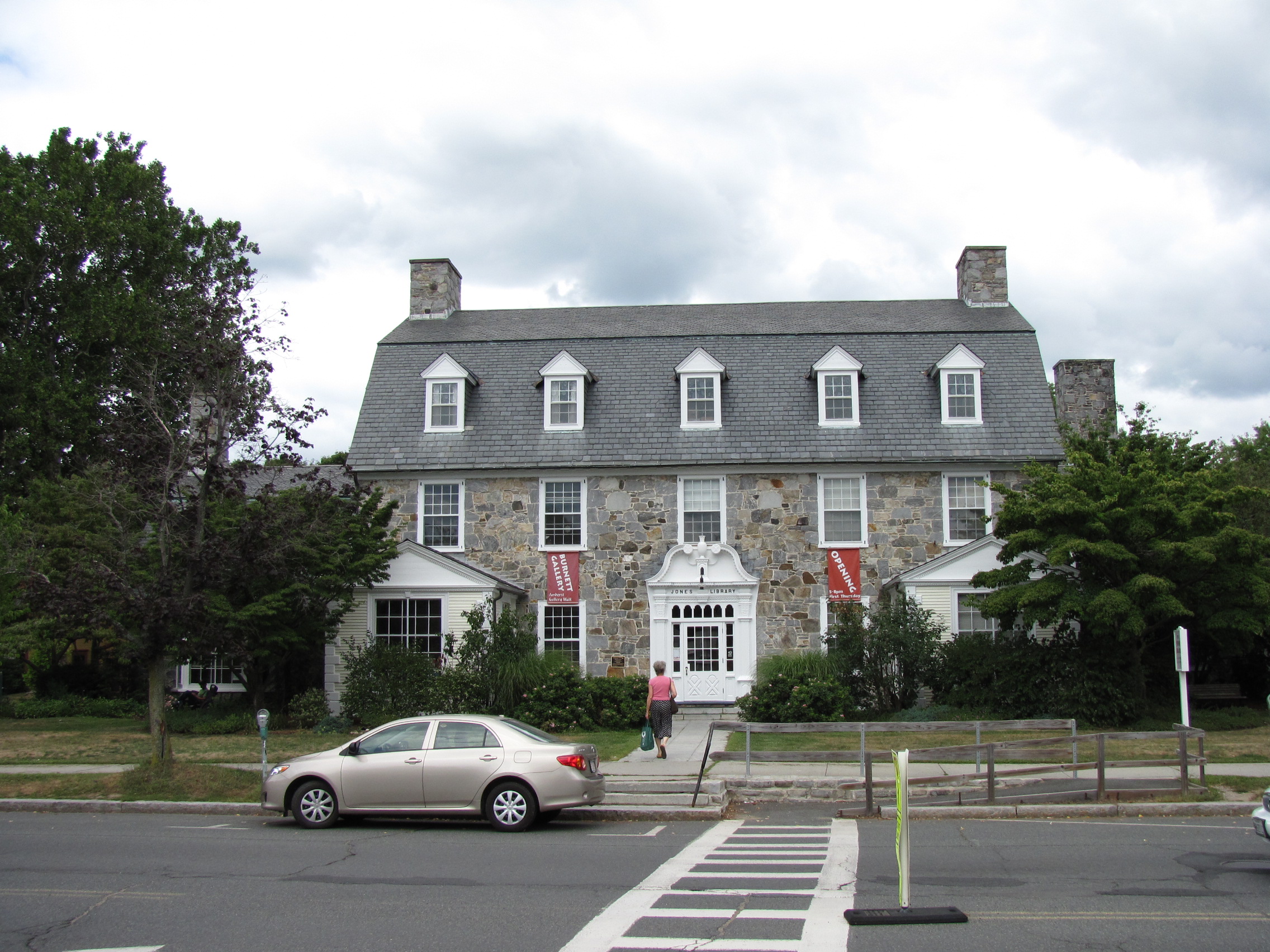

Before Polina Barskova began to read her poems this past Sunday afternoon at the Jones Library in Amherst, she said something very wise: “Poetry is not to be understood but to be dealt with.” This comment proved to be especially fitting, at least for me, as she continued to read three of her wonderful poems in the original Russian — a language completely foreign to me — along with the accompanying English translations.
Polina Barskova is an associate professor of Russian literature at Hampshire College, and is teaching a course at Amherst College this semester entitled “Vladimir Nabokov and the Writing of Exile.” Barskova received her B.A. from St. Petersburg State University and her M.A. and Ph.D. from the University of California at Berkeley. In addition to scholarly articles on Nabokov, the Bakhtin brothers, early Soviet film and the aestheticization on historical trauma, Barskova has published eight books of poetry and one book of prose. The English translation of three of her poetry books, “This Lamentable City” (Tupelo Press), “Zoo in Winter” (Melville House Press), and “Relocations” (Zephyr Press), have recently been published.
The event this past Sunday was a dual reading by Barskova and Russian writer and professor of liberal studies at NYU Eugene Ostashevsky as a part of the “jubilat / Jones Poetry Series” sponsored by the Friends of the Library, jubilat literary journal and the Juniper Initiative of the UMass MFA Program for Poets and Writers.
The two poets’ styles resounded pleasantly and juxtaposed nicely, leaving residual energy in the Goodwin room on the third floor of Amherst’s public library. The edge of the left side of the attic-like room, near the windows overlooking the street, ropes a collection of antique furniture and other items off from the visitor’s reach. And through the necessarily open window on such a balmy spring day, the sounds of car traffic, foot traffic and the occasional siren oozed into the room, the new air pushing out the old, stagnant winter and fleeting sounds such as the audience’s laughter mixing harmoniously with the poets’ words, rhythm and sounds.
A relatively new resident of the Pioneer Valley, Barskova charmingly indulged the audience. This reading, she revealed, was the first outside of her other, more familiar home — St. Petersburg, so she was nervous. I took this nervousness as a good thing. Barskova’s poems focus on the memory of politics and reflect the typical Russian literature, which is itself preoccupied with Russian literature. On Sunday, her three readings detailed, amusingly, what people do in libraries, literature as stealing and friendships between poets. I truly enjoyed listening her poems flow so seamlessly, almost discreetly, from English into Russian versions.
While Barskova was reading in Russian, I — with no understanding of the language, or a language similar to it — found myself thinking about the act of translation. I remembered, again, what Barskova said in the beginning, “Poetry is not to be understood, but to be dealt with.” I did not understand, per se, what she was saying in Russian, but the cadence of her poems, the sounds that she placed together, resonated with me despite my inability to comprehend the content. Paired with the English translation, I dealt with the Russian portion by noticing the similarities in cadence between the two in order to match the pair of poems up in moments. Listening to poems in Russian along with the English translation facilitated an imagined texture of the language, of the layered phrases and sounds, transcending literal meaning. Through this cultivated texture, Barskova creates feeling, movement and rhythm.
Ostashevsky plays with meaning and the logic of language in his pieces, relying more on sound and rhythm than on comprehensible content. In comparison to Barskova’s, the pieces Ostashevsky read from his self-described (and confirmed by the audience’s reaction) funny book of poems, “The Pirate Who Does Not Know the Value of Pi” are animated, child-like and seriously not-serious. Similar to my personal interpretation of Barskova’s poems in Russian, Ostashevsky’s poems in English effectively layer structures of language that, though not conceptually logical, invite the ears to be entertained and the senses to be tickled.
Because Barskova and Ostashevky shared the reading at Jones Library, both authors’ stories and characters grasped the possibility to interact and to be collaged and montaged.